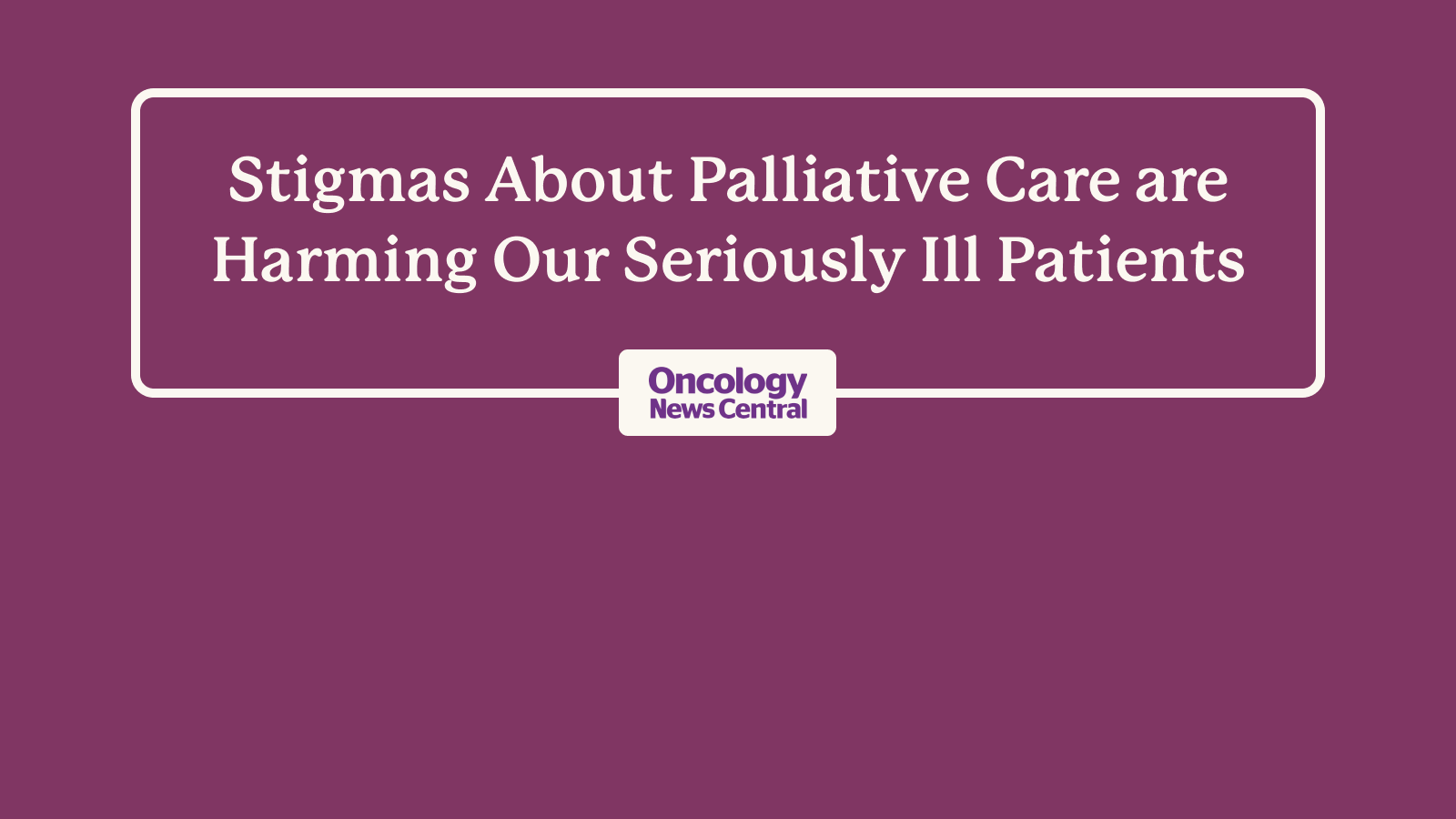Stigmas About Palliative Care Are Harming Our Seriously Ill Patients - ONC
“I wish we had done this sooner.” This is something that we hear a lot from our patients and their families when they finally begin to work with a specialist palliative care team – and not only when they are nearing the end of life. This is equally true when patients’ conditions are curative.
For patients with cancer, heart failure, dementia, amyotrophic lateral sclerosis, strokes, and many other serious illnesses, robust data correlate early palliative care with reduced hospitalization, higher survival rates, improved pain management, lower medical costs, better mental health, and improved quality of life.
However, despite that bounty of advantages, only a fraction of our patients who would benefit from early palliative care actually get it. In addition to other access barriers, the pervasive misconception remains that palliative care equals hospice.
There is an urgent and unmet need to normalize the use of palliative care from the moment of serious illness diagnosis. For that to happen, we need to take a long, hard look at how we can help patients and clinicians overcome pervasive myths.

